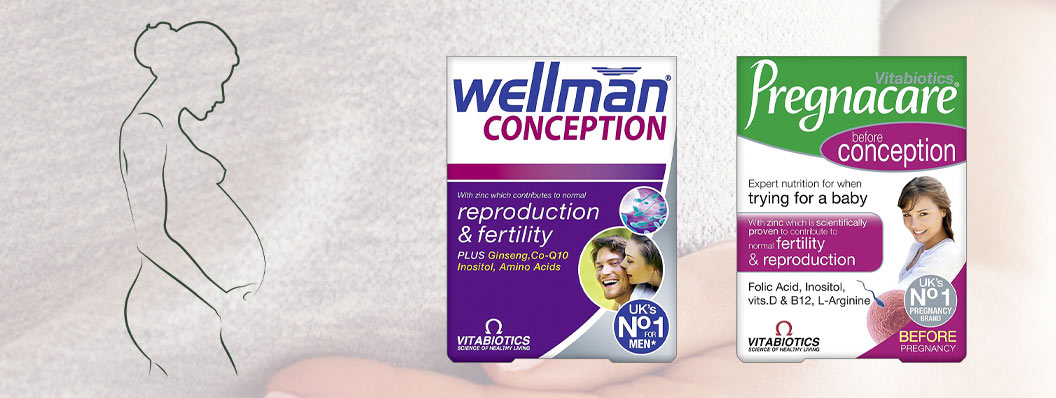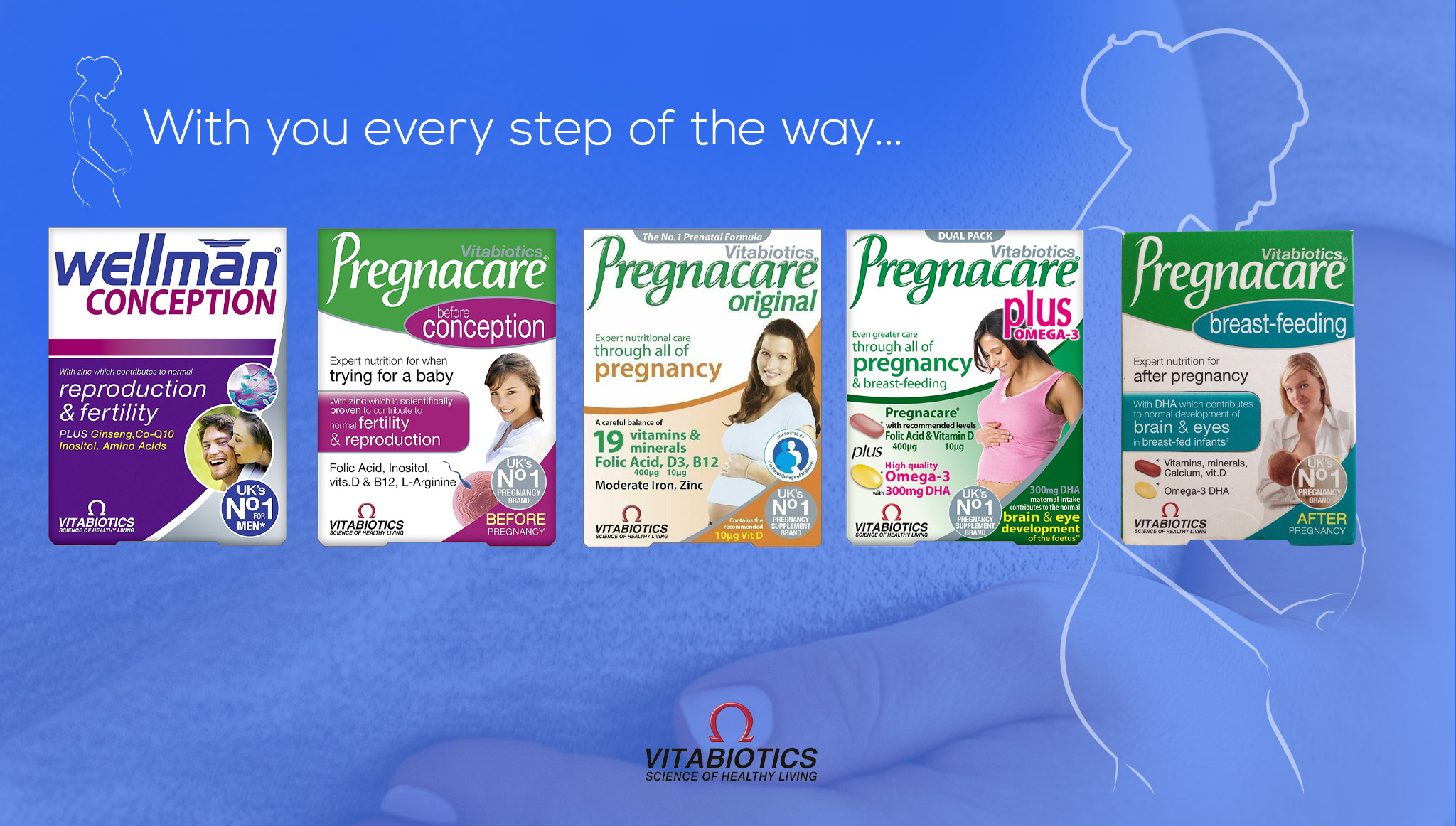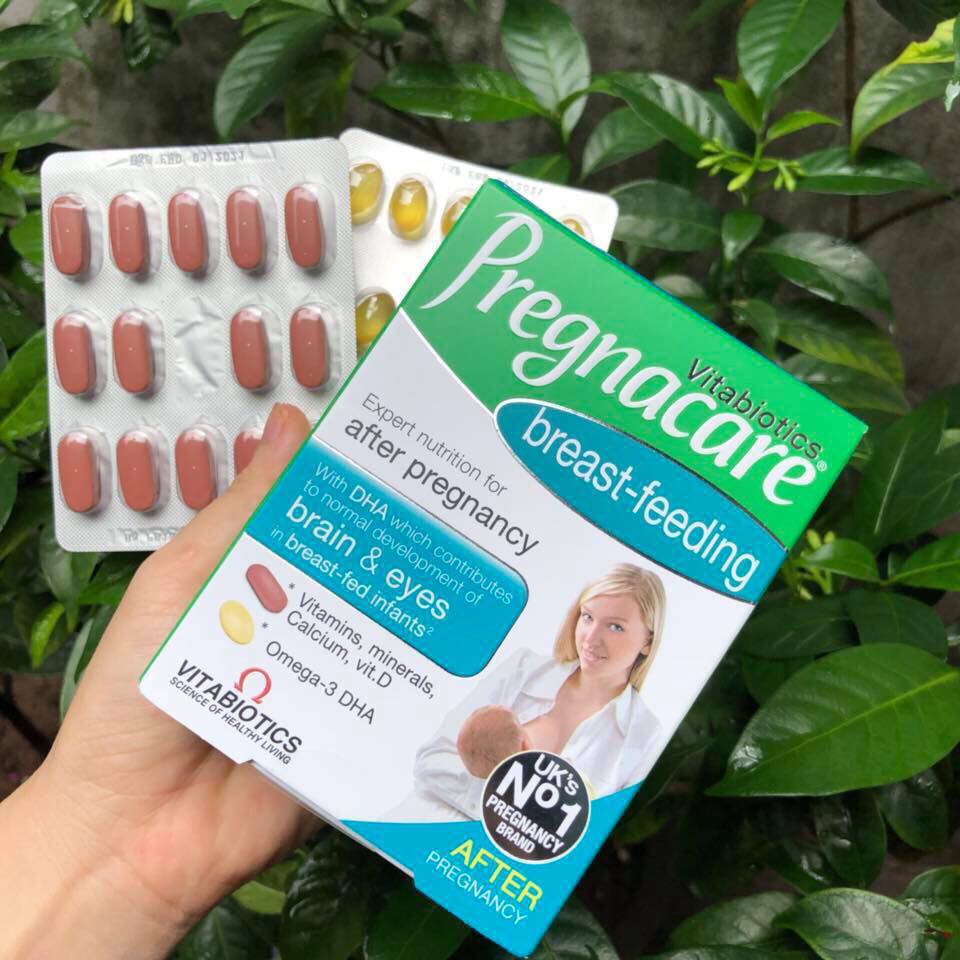Breast milk is the best choice for your new baby. It provides all of the nutrients your baby will need as well as extra immunity against infection. It also helps your body return to normal after birth and utilize the extra body fat stored during pregnancy.
In the first year, your baby grows an impressive amount, so not surprisingly the nutritional requirements of breast-feeding are quite high. Looking after a new baby can be exhausting in terms of disturbed nights and loss of sleep, so try to make sure you get all of the help and support you need in order to get adequate rest during the day, especially during the first few weeks. The basics of healthy eating after birth remain the same as during your pregnancy, however, your energy needs will be higher so you may need to include regular snacks in addition to meals if breast-feeding.

Not only are you providing your baby with vitamins and minerals, but you will also be replacing those lost from your body during pregnancy so it is important to continue eating a diet that is rich in vitamins and minerals. Many women choose to continue taking a one-a-day multivitamin and mineral supplement that is suitable for breastfeeding in order to boost their diet and for peace of mind that they are safeguarding their diet with all the nutrients they need. Vitabiotics Pregnacare Breastfeeding.
It is particularly important to eat plenty of calcium-rich foods whilst breastfeeding as your requirements increase by an extra 500mg per day 14 (equivalent to needing an extra pint of milk every day). Also try to continue eating oily fish once each week (such as salmon, trout, sardines or avocados and nuts), and choose foods that have added Omega-3 such as some types of milk or eggs.
Getting back into shape after the baby is born
Most women are keen to get back into shape after pregnancy and wear their normal clothes. However, labor and the following sleep disturbed nights will take their toll on even the most energetic of women. Therefore, it is essential to balance maintaining energy levels and the stamina to keep going with any attempts to lose weight. If you are breast-feeding, now is not the time to diet.
It is as important to eat a healthy balanced diet and to keep well hydrated as it was during the pregnancy. The best way to approach getting back into shape is to take it slowly, starting with some gentle exercise, such as a short daily walk combined with a healthy balanced diet that is low in fat with a mix of protein, carbohydrates, fruit, and vegetables. Opt for low fat, high-fiber foods, and healthy snacks such as fresh fruit to stave off hunger.
Do not forget the importance of pelvic floor exercises to regain the strength of these muscles following pregnancy. If you are unsure, ask your midwife or health visitor about these. If you have had a cesarean section, you should follow advice from your midwife and avoid abdominal exercise for the first six weeks. At your six-week check, your GP will tell you if it is okay to resume normal activities such as swimming, aerobics, etc.

All of the high-risk foods that were off-limits during pregnancy can now make a welcome return to your diet, such as soft and blue cheeses, soft-boiled eggs, liver, etc. as the baby is no longer at risk and your immune system will be returning to normal. You can choose to eat peanuts or foods containing peanuts (such as peanut butter) when breast-feeding as part of a healthy balanced diet unless you are allergic to peanuts or your health professional advises not to.
If you are breast-feeding, alcohol and caffeine still need to be limited, and if you are not breast-feeding, do not forget that after 9 months of abstinence you will probably be very susceptible to the effects of alcohol and caffeine.
The guidelines for eating fish remain the same during breast-feeding. If you are tired and lacking sleep, eating little and often will help to keep energy levels up. In addition, if friends offer to help, it is a great idea to ask them to bring round a freshly cooked meal that you can simply reheat, or pop into the freezer for another day
Worldwide studies have shown that even with a good diet, extra nutrients may be necessary before and during pregnancy. Vitabiotics Pregnacare® Original and Pregnacare® Plus have been carefully developed to support women who are trying for a baby, right through pregnancy. During breastfeeding and the postnatal period, Pregnacare® Breastfeeding is ideal.

Pregnacare® Original Tablets and Pregnacare® Capsules provide the recommended level of 400mcg folic acid and 10mcg vitamin D, plus essential vitamins and minerals including iron and vitamin B12. They are both suitable before conception, for all of the pregnancy and whilst breast-feeding.
Pregnacare® Plus combines the Pregnacare® Original tablets with Omega-3 capsules for even greater care. The comprehensive multivitamin tablet delivers essential nutrients for pregnancy, including the recommended level of 400mcg folic acid plus iron and vitamin D. The additional Omega-3 capsules provide a rich source of the important fatty acids, including Docosahexaenoic Acid (DHA), which contributes to normal brain and eye development of the foetus.
Source: Harley’s Digital Marketing &
Idah Muthama – VitabioticsKe

